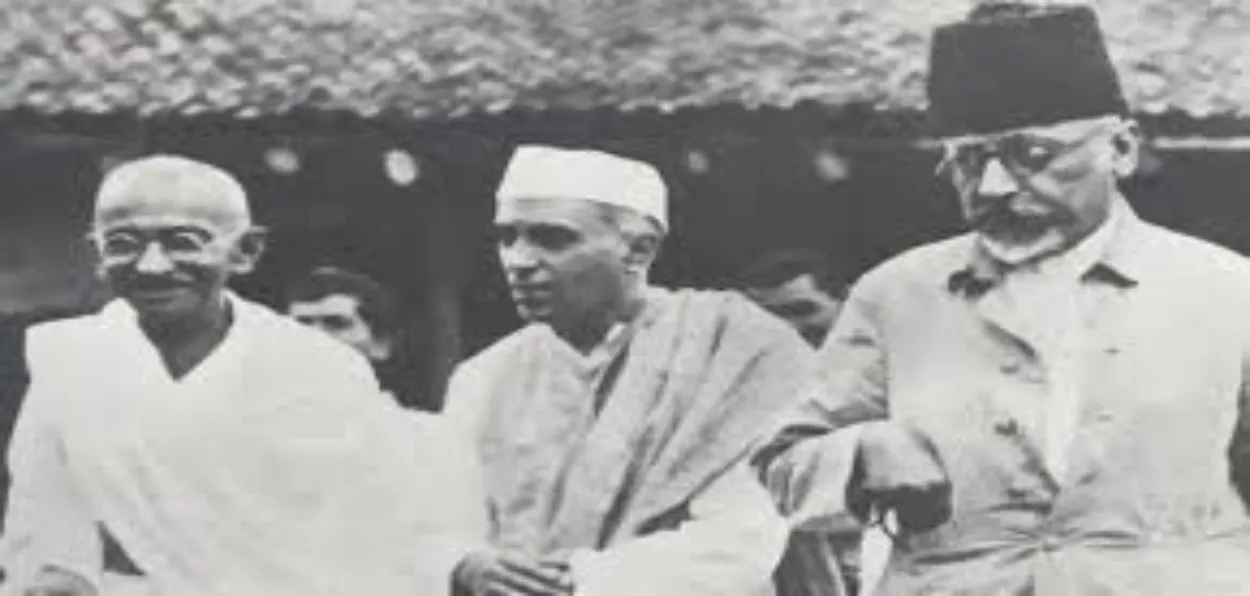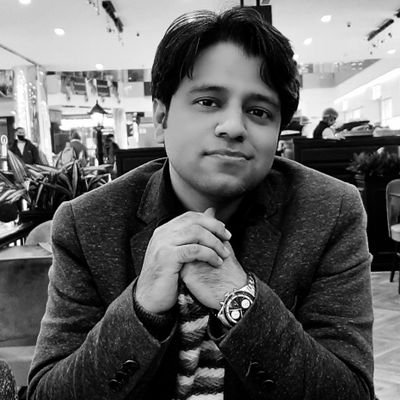
 Saquib Salim
Saquib Salim
Mahatma Gandhi and his attitude towards Muslims have often been debated in India, more than the other aspects of his personality. The Hindu right claims that Gandhi was a Muslim appeaser to the point that he overlooked the Hindu interests. On the other hand, the Muslim right wing claims that Gandhi was a devout Hindu and thereby anti-Muslim.
Gandhi Jayanti
What is the truth?
Amid these extreme views, let us not forget that Nathuram Godse shot Mahatma Gandhi dead because he believed that Gandhi was a pro-Muslim. In 1947-48, it was a common perception that Gandhi was supporting Muslims.
Gandhi was in close contact with Muslims since his days in England. Mazharul Haque was one of his friends in England who would later help him in organising a Satyagraha at Champaran, which would launch Gandhi into Indian politics.
Gandhi wrote, “I knew Maulana Mazharul Haq in London when he was studying for the bar, and when I met him at the Bombay Congress in 1915 - the year in which he was President of the Muslim League - he had renewed the acquaintance.” So when he went to Patna in 1917, Mazharul was the only person he knew and asked for help. Haque did not disappoint and remained a bedrock of Champaran Satyagraha.
In 1893, when Gandhi’s legal practice did not earn him a sufficient income, he joined a firm in South Africa as a legal advisor. The firm was Dada Abdullah and Co., owned by Meman Muslims. Sheth Abdul Karim Jhaveri gave him a contract to join the firm in Natal, where Sheth Abdullah himself received him. Sheth Tyeb Haji Muhammad was the person against whom he had to fight a court battle, but Gandhi convinced him to accept an out-of-court settlement.
Later, when Gandhi launched a political agitation, or the first Staygraha, in South Africa these Muslims were his financiers, mentors, helpers, secretaries and whatever help he needed.
In 1915, Gandhi returned to India from South Africa. One of the first public figures he went to meet was Pir of Luwari in Sindh. The British Intelligence reported, “He had heard of the Pir through certain Memon murids, who were clients of his in South Africa, and recently followers of the Pir at Porebunder had given him to understand that the Pir invited him to his place….. in the evening, the interview (of Gandhi) with the Pir took place in an inner chamber. The only other person allowed to be present was an aged body servant of the Pir— possibly Khalifa Haji Mehmud. The interview lasted for about 20 minutes.”
After the meeting, Pir gave a call to boycott British goods and not to cooperate with them. Another Pir Mahbub Shah was the first to get arrested during the non-cooperation movement in 1920. The relationship with Pir of Luwari was at the foundation of Gandhi’s leadership in India.
As the First World War drew to an end, the Rowlatt Act Satyagraha, Jallianwala Bagh and the Khilafat Question dominated Indian politics. This was the time when Gandhi emerged as a mass leader. At this point, Shaukat Ali, Muhammad Ali, Bi Amma, Amjadi Begum, Dr Ansari etc., travelled with him across India. Gandhi was even elected as the leader of the Khilafat Committee.
After the Khilafat Movement, Abbas Tayyabji and his family became one of the most important allies of Gandhi. During the Dandi March, Tayyabji's family provided important support to his movement.
Khan Abdul Ghaffar Khan, Frontier Gandhi, was the most devout follower of Gandhi, about whom he claimed that nobody else was as loyal a follower of non-violence as Ghaffar Khan was.
ALSO READ: MWL's Charter of Makkah could steer world through conflicts
Gandhi kept close with Muslim friends and followers throughout his life, which included Prof. Abdul Bari, Hakim Ajmal Khan, Maulana Abul Kalam Azad, Khwaja Abdul Hamied and many others. His principled, consistent stand on Palestine, belief in Hindu Muslim unity and admiration of Sufism attracted criticism from anti-Muslim bigots. While heremained a devout Hindu throughout his life.
See an Interview of ther author on the topic here:
